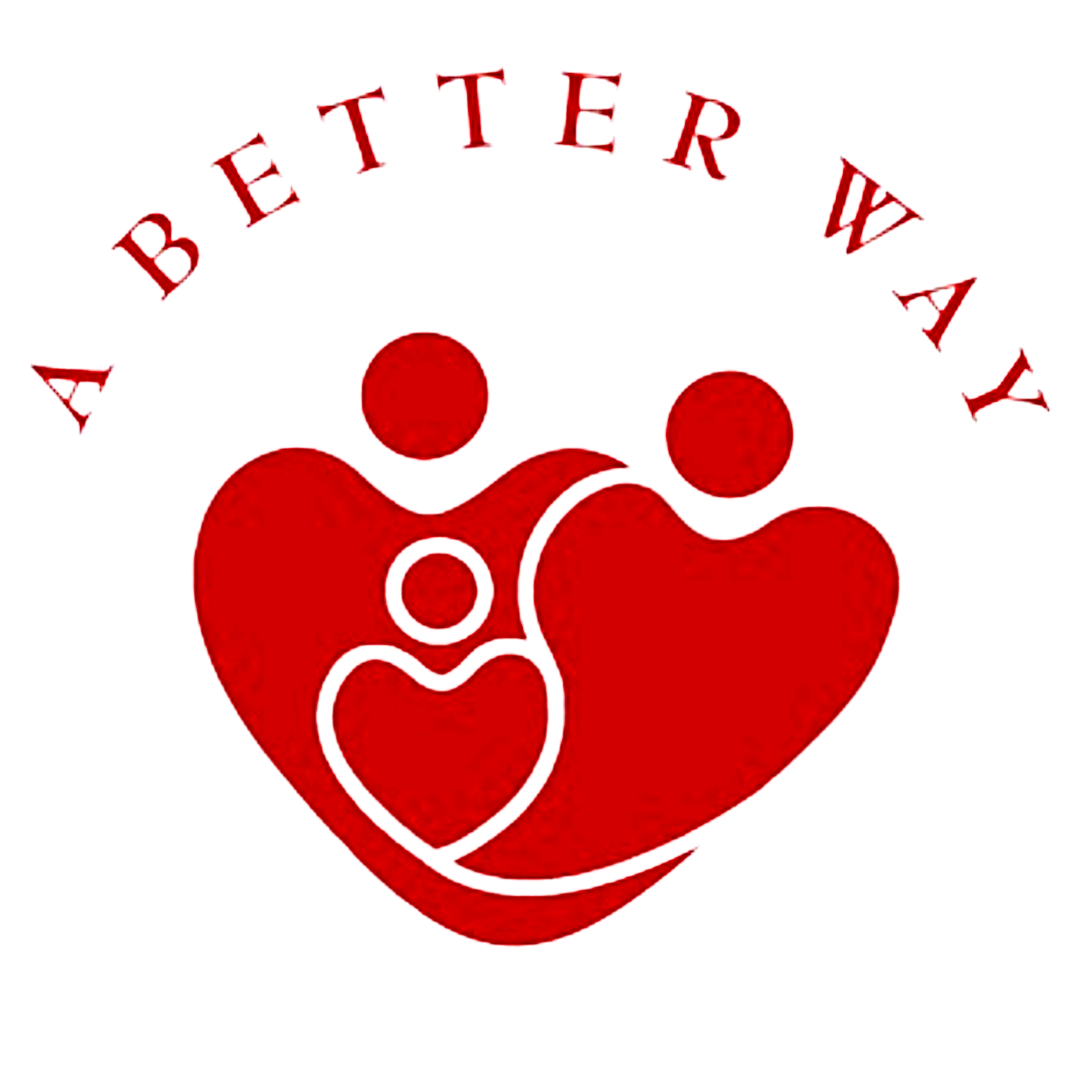
Training Program
A Better Way’s Training Programs provide hundreds of courses free of cost for our community each year. Courses are available in person or online to meet your training needs. Cultural humility and social justice perspectives are woven throughout curriculum to support awareness and action uplifting the lives of community we serve. Continuing Education credit is available for select courses.
Courses for:
Social Services Professionals
Resource Families/Foster Families
Parents and Caregivers
Mental Health Clinicians
System-involved children, youth & families
Youth impacted by Juvenile Justice
Community members & professionals supporting groups listed above
Courses are open to the community. Priority registration is reserved for our primary intended audience: caregivers and professionals who are - or plan to be - involved in lives of court dependent children and youth.
Visit our Course Calendar for upcoming educational opportunities (NOTE: account Sign In is required to view calendar and register). Contact us to have a course sponsored and facilitated exclusively for your agency, or group of six or more people. Curriculum can be adapted to fit the needs of your specific groups or organizations.
Training Program Partnerships
A Better Way
Alameda County
Alameda County Behavioral Health
Chabot-Las Positas Community College District
Solano County Child Welfare Services
Courses that are co-sponsored with Chabot Los Positas Community College District and Alameda County / Solano County Child Welfare Services are funded by Federal Title IV-E funding. Title IV-E trainings are intended for providers, families, and community members that support the lives of children and families who are involved in child welfare and juvenile justice systems.
Continuing Education: A Better Way is approved by the California Association of Marriage and Family Therapists (CAMFT) to sponsor Continuing Education for LCSW, LMFT, LPCC, LEP (62361) and the California Psychological Association (CPA) to sponsor Continuing Education for PhD, PsyD (ABE010). The California Board of Behavioral Sciences (BBS) recognizes CAMFT and CPA Continuing Education credit for license renewal. A Better Way maintains responsibility for our programs/courses and their content. Not all courses provide CE credit. Select courses only provide doctorate level CE credit. Contact the training department for details on a specific course.
Questions, comments, grievances? Trainings@abetterwayinc.net
More information about A Better Way’s Training programs
-
Create an account here to register for courses: https://training.abetterwayinc.net
-
Strengthening Families, Parent Education and Family Relationships
Child Development
Fostering the Family to Improve Outcomes for Children
Developing Healthy Family Attachments
Strengthening Your Family
Creating Structure & Routines
Praise and Encouragement
Raising Responsible Children
Conflict resolution
Sibling Rivalry
Misbehavior & Discipline
Effectively Handling the Power Struggle
Separate Household – Bridging the Parenting Gap Between Homes
Understanding the Challenges of Kinship Care Relationships
Disaster preparedness and crisis safety
Understanding the impact of multiple placements for youth
Boundaries and good practice with youth
Communicating with youth
Developing Effective Helping Relationships
Health and nutrition for youth in foster care
Adolescence 101 - Parenting a Pre-teen/Teen
Helping youth problem solve
Promoting pro-social behavior
Supervision skills for caregivers of foster care youth
Pre-teen Development
The Transition to Adulthood
Personal rights of youth in care
Emancipation
Mental Health, Trauma and Special Needs
Adolescent Mental Health Issues
Adolescent Substance Abuse
Depression and Bipolar Disorders
Preventing Self Destructive Behaviors
ADHD, ODD and Conduct Disorder
Managing Anger and Aggression
PTSD and Anxiety Disorders
Psychotic Disorders
How youth respond to conflict
Microaggressions and their impact on youth in care
Challenging Behavior Management
Crisis Intervention
Understanding Grief & Loss (Separation & Abandonment)
The Impact of Trauma on Child Development and Learning
Child Sexual Abuse: The Trauma and Impacts
Understanding child abuse and caregiver reporting requirements
The Abuse Spectrum
Child Prostitution
Helping To Heal Childhood Wounds
Parents and Children of Addiction
How Trauma Affects Separation and Attachment Milestones
Unconditional Parenting: Managing the Unique Challenges of Severely Troubled Children
Communication skills for young people with disabilities
Conflict resolution with youth with developmental disabilities
Identifying and meeting needs in work with youth with developmental disabilities
Interdependence - Integrating youth with developmental disabilities into community
Personal rights of youth with developmental disabilities in care
Team building in work with youth with developmental disabilities
The importance of supervision skills for youth with disabilities
Understanding Autism
Staff Development and Support
Liability Issues and Reporting Requirements
Legal and Ethical Issues
Boundaries and Good Practice
Stress Management for Youth Care Providers
Time Management
Team Building
Creating a Positive Program Environment
Communication Skills Working with Youth
Using Strengths Based Approaches with Youth
Behavioral Interventions with Youth
Improving Education Outcomes with Youth
Behavior modification with youth
Community resources for foster youth
Creating fun activities for youth in care
Engaging reluctant families
Identifying and meeting needs in work with youth
Helping children with birth family connections
Leadership skills in work with youth
Supervising youth in group home settings
Supporting Young People with Developmental Disabilities in the California Service System
Transition and permanency planning for older youth
Training for Trainers in Cultural Humility
Working with:
-Developmentally disabled youth in care
-LGBTQ youth
-Low functioning and difficult parents
-Multi-generational teams
-Special Needs Youth
-Youth who run away from out of home placements
Home Visiting for Home Visitors, Peer Mentors and Family Advocates
Developing Effective Partnerships
Outreach and Engagement to Hard-to-Reach Families
External Stressors of Families of Origin
For the Caregiver
Compassion Fatigue : The Importance of Self-Care
Understanding and Supporting the Process Of Grief and Loss in Children, Youth and Ourselves
Stress Reduction Techniques for Caregivers of Foster Care Youth
Integrating Nature Awareness into Programming for At-Risk Youth
Inner Life Skills
Self-Care Tools
Breath-based Interventions
Reading Body Language
Movement and Balance as Interventions
How My Buttons Get Pushed
Preventing Burnout
Secondary Trauma Parts 1 & 2
Sexuality, LGBTQ and Cultural Issues
Adolescent Sexuality Issues
Creating supportive living environments for transgender youth
Cycle of Oppression
Cultural humility in any of the following topic areas:
-Disability
-Age
-Religious faith
-Social class
-Sexual orientation
-Sex and gender
-Race
-Ethnicity and culture of origin
-Systemic oppression
Human sexuality
Human sexuality for youth with disabilities
Multiculturalism
Improving Services for LGBTQ Families of Color
Teen Culture

